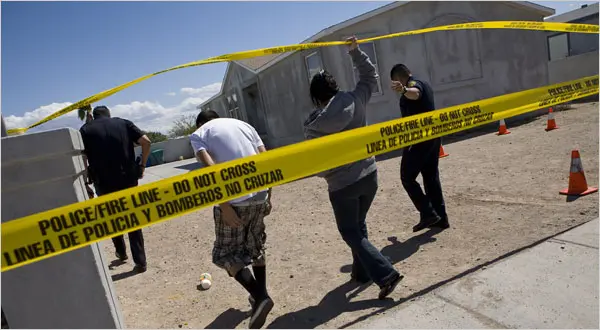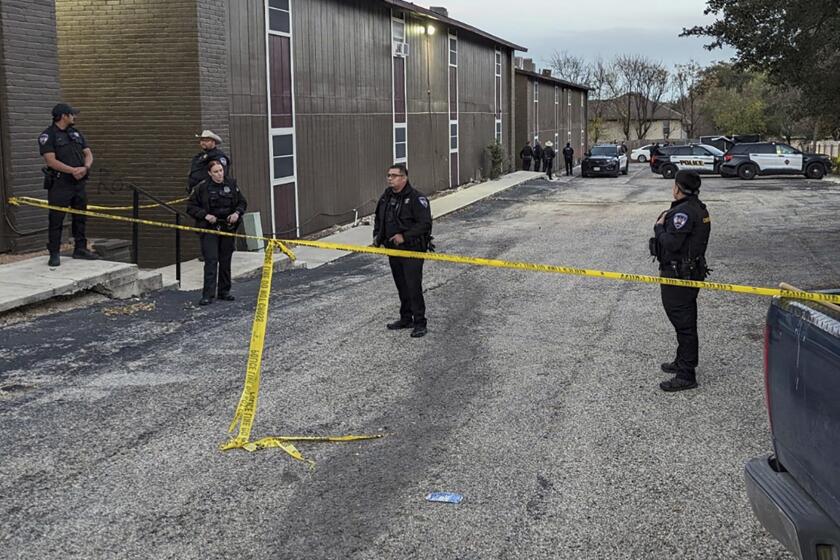While internet access is a cornerstone of our hyperconnected world, its reach remains uneven, particularly in areas grappling with complex issues like cartels. In parts of Mexico, we see the emergence of cartel-forced WiFi access, a seemingly convenient solution that nevertheless sparks concerns about user safety, privacy, and potential manipulation.

Rather than focusing solely on this specific practice, let’s unpack the larger picture of internet access in such environments, examining the challenges communities face, the potential consequences of such control, and the broader solutions we must strive for to ensure equitable and secure digital access for all.
Limited Options, Fragile Connections
In these regions, forced Wi-Fi access by cartels, though problematic, can sometimes appear as the only option for communities struggling with limited or no internet infrastructure. This lack of alternatives leaves residents vulnerable to potential exploitation and manipulation through the cartels’ enforced internet access. Understanding the underlying issues, such as government neglect and economic disparities, is crucial to finding sustainable solutions.

A Double-Edged Sword: Information and Control
While mandatory cartel-forced WiFi access might offer connectivity, it often comes at a cost. Concerns revolve around potential surveillance, censorship, and propaganda dissemination. Threatened Wi-Fi usage by locals due to fear of repercussions creates a climate of silence and undermines the internet’s potential as a tool for empowerment and critical thinking. Balancing the benefits of access with concerns about security and control requires a nuanced approach that prioritizes the safety and wellbeing of communities.
Looking Beyond Cartel-Forced WiFi access: Building Sustainable Solutions
The issue of cartel-forced WiFi access, an alarming symptom of larger problems, demands a shift in focus towards sustainable solutions. We must advocate for improved government infrastructure, enhance digital literacy and community awareness, and explore alternative internet providers, all while dismantling the grip of these networks on internet access.
Conclusion
While cartel-forced WiFi access highlights the complexities of internet access in certain regions, it also underscores the essential need for equitable and secure connection for all. This case serves as a stark reminder that the internet, a tool for progress and empowerment, should never be weaponized for control.
By prioritizing community needs, advocating for sustainable infrastructure, and promoting digital literacy, we can pave the way for a future where everyone enjoys the liberating potential of the internet, free from the clutches of manipulation or exploitation. In essence, navigating these challenges demands critical thinking and a collective commitment to digital inclusivity, ensuring that access to the online world translates into true freedom and advancement for all.
